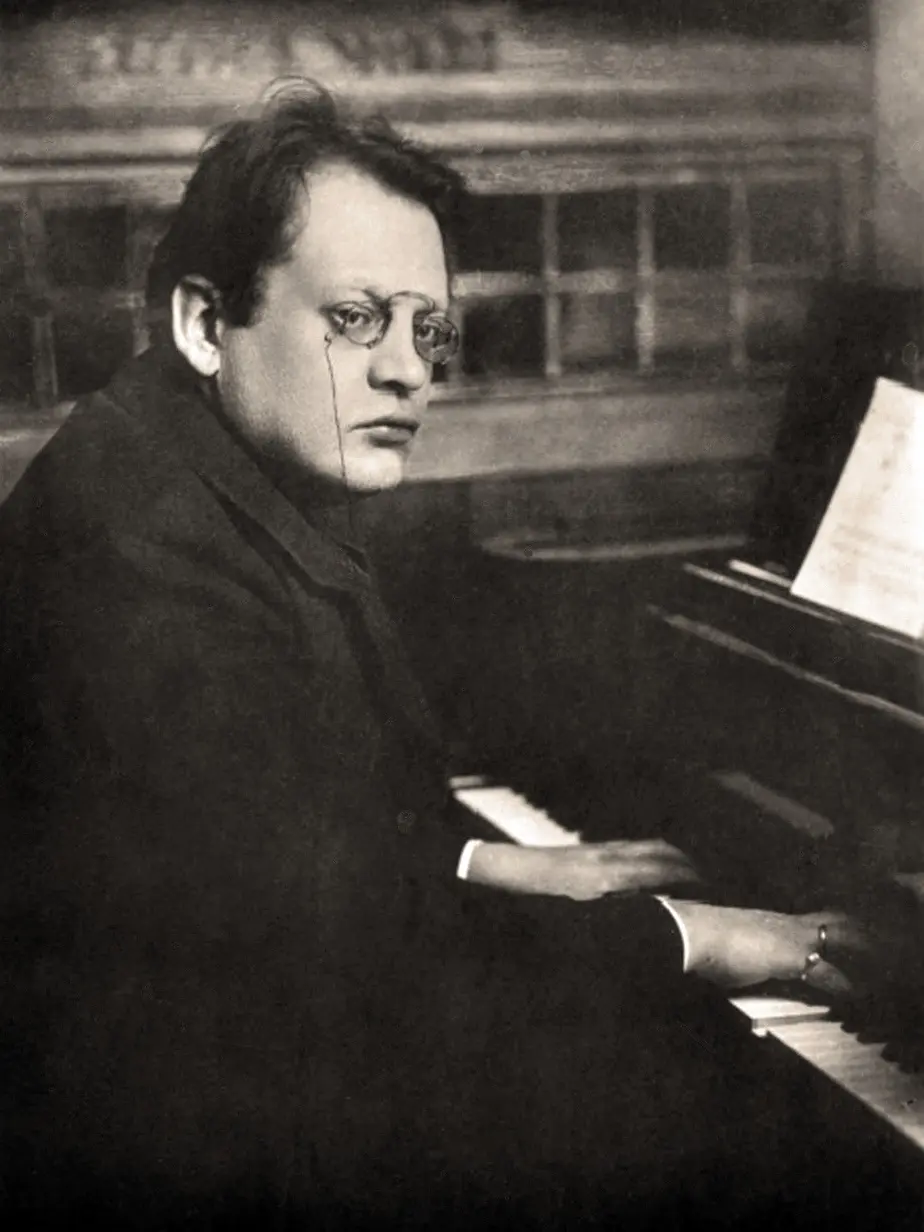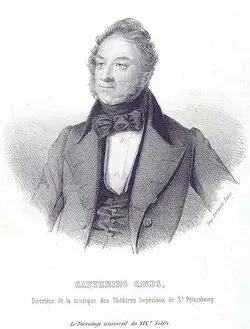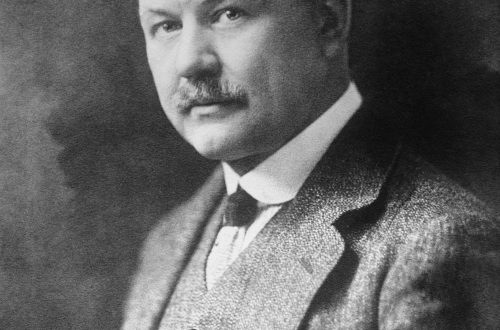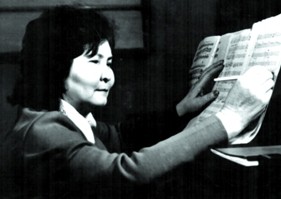
Max Reger |
Max Reger
Reger is a symbol of an era, a bridge between centuries. E. Otto
The short creative life of the outstanding German musician – composer, pianist, conductor, organist, teacher and theorist – M. Reger took place at the turn of the XNUMXth-XNUMXth centuries. Having begun his career in art in line with late romanticism, largely under the influence of the Wagnerian style, Reger from the very beginning found other, classical ideals – primarily in the legacy of J.S. Bach. The fusion of romantic emotionality with a strong reliance on the constructive, clear, intellectual is the essence of Reger’s art, his progressive artistic position, close to the musicians of the XNUMXth century. “The greatest German neoclassicist” was called the composer by his ardent admirer, the remarkable Russian critic V. Karatygin, while noting that “Reger is a child of modernity, he is attracted by all modern torments and darings.”
Sensitively responding to ongoing social events, social injustice, Reger throughout his life, the system of education was associated with national traditions – their high ethos, the cult of professional craft, interest in organ, chamber instrumental and choral music. This is how his father, a schoolteacher in the small Bavarian town of Weiden, raised him, this is how the Weiden church organist A. Lindner and the greatest German theorist G. Riemann taught, who instilled in Reger a love for the German classics. Through Riemann, the music of I. Brahms forever entered the mind of the young composer, in whose work the synthesis of classical and romantic was first realized. It is no coincidence that it was to him that Reger decided to send his first significant work – the organ suite “In Memory of Bach” (1895). The young musician regarded the answer received shortly before Brahms’ death as a blessing, a parting word from the great master, whose artistic precepts he carefully carried through his life.
Reger received his first musical skills from his parents (his father taught him theory, playing the organ, violin and cello, his mother played the piano). Early revealed abilities allowed the boy to replace his teacher Lindner in the church for 13 years, under whose guidance he began to compose. In 1890-93. Reger polishes his composing and performing skills under the guidance of Riemann. Then, in Wiesbaden, he began his teaching career, which lasted all his life, at the Royal Academy of Music in Munich (1905-06), at the Leipzig Conservatory (1907-16). In Leipzig, Reger was also the music director of the university. Among his students are many prominent musicians – I. Khas, O. Shek, E. Tokh, and others. Reger also made a great contribution to the performing arts, often performing as a pianist and organist. In 1911 – 14 years. he led the court symphony chapel of the Duke of Meiningen, creating from it a wonderful orchestra that conquered all of Germany with its skill.
However, Reger’s composing work did not immediately find recognition in his homeland. The first premieres were unsuccessful, and only after a severe crisis, in 1898, once again finding himself in the beneficial atmosphere of his parental home, the composer enters a period of prosperity. For 3 years he creates many works – op. 20-59; among them are chamber ensembles, piano pieces, vocal lyrics, but organ works stand out especially – 7 fantasies on choral themes, Fantasia and fugue on the theme of BACH (1900). Maturity comes to Reger, his worldview, views on art are finally formed. Never falling into dogmatism, Reger followed the motto all his life: “There are no compromises in music!” The composer’s principledness was especially evident in Munich, where he was vehemently attacked by his musical opponents.
Huge in number (146 opuses), Reger’s legacy is very diverse – both in genre (they lack only stage ones), and in stylistic sources – from the pre-Bahov era to Schumann, Wagner, Brahms. But the composer had his own special passions. These are chamber ensembles (70 opuses for a variety of compositions) and organ music (about 200 compositions). It is no coincidence that it is in this area that Reger’s kinship with Bach, his attraction to polyphony, to ancient instrumental forms, is most felt. The composer’s confession is characteristic: “Others make fugues, I can only live in them.” The monumentality of Reger’s organ compositions is largely inherent in his orchestral and piano compositions, among which, instead of the usual sonatas and symphonies, extended polyphonic variation cycles predominate – symphonic Variations and fugues on themes by J. Hiller and W. A. Mozart (1907, 1914), Variations and fugues for piano on themes by J. S. Bach, G. F. Telemann, L. Beethoven (1904, 1914, 1904). But the composer also paid attention to romantic genres (orchestral Four Poems after A. Becklin – 1913, Romantic Suite after J. Eichendorff – 1912; cycles of piano and vocal miniatures). He also left outstanding examples in choral genres – from a cappella choirs to cantatas and the grandiose Psalm 100 – 1909.
At the end of his life, Reger became famous, in 1910 a festival of his music was organized in Dortmund. One of the first countries to recognize the talent of the German master was Russia, where he successfully performed in 1906 and where he was greeted by the young generation of Russian musicians led by N. Myaskovsky and S. Prokofiev.
G. Zhdanova





